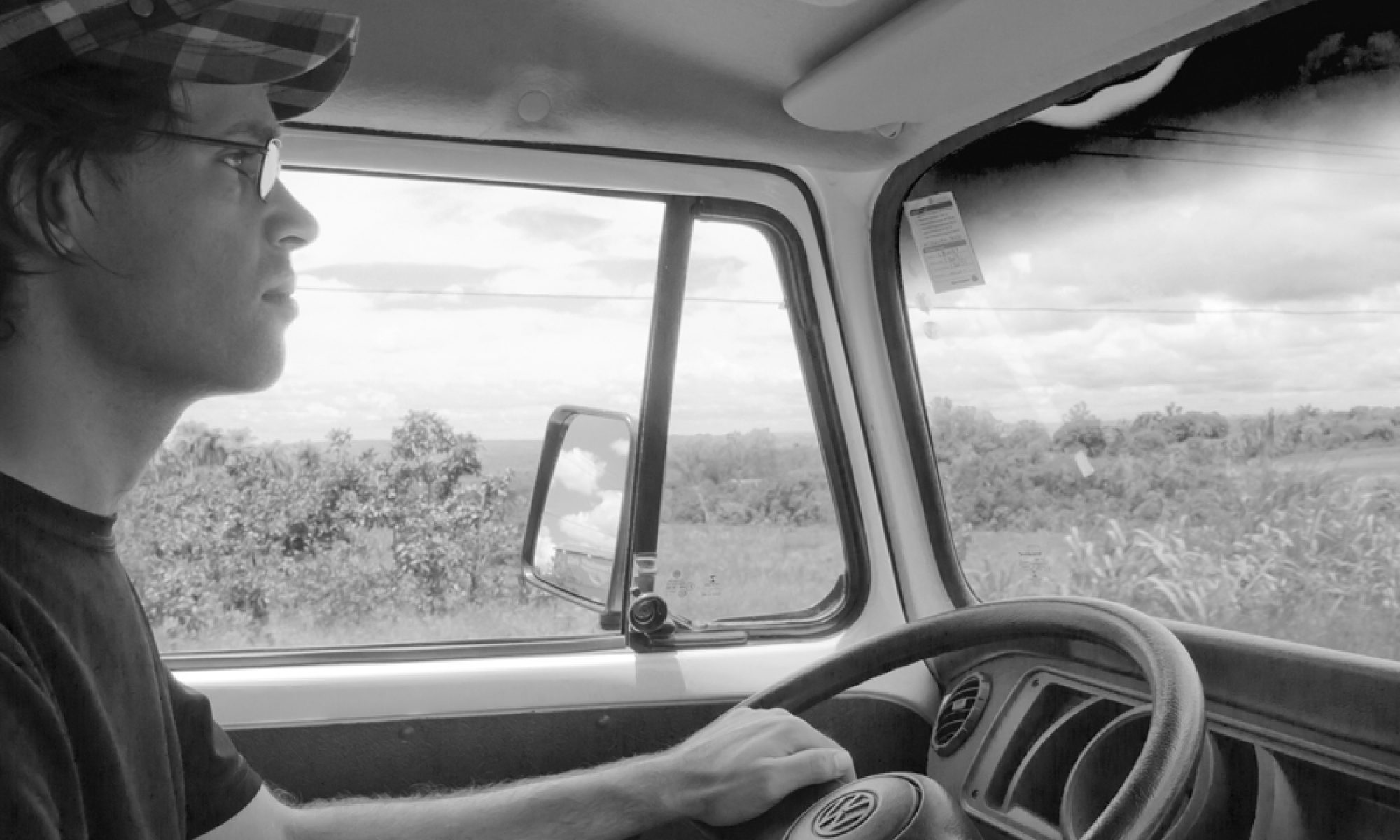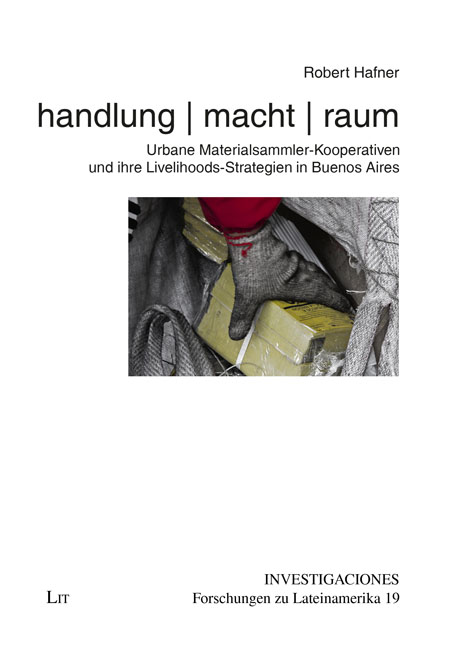Socio-ecological conflicts and environmental justice viewed from the Chaco Occidental, a soy frontier of globalisation
[10/2012 – 06/2017]
The cultivation, commodification and distribution of soy have, particularly in Latin America, undergone enormous growth and internationalisation processes. Driven by its high lucrativeness new territories for GM soybean monocultures are explored. Here, the example of the Chaco Occidental, a traditionally peripheral region with high deficits in terms of economic and infrastructure is presented. Due to globalisation processes and favoured by climate change, significant structure and power shifts are observed at the new frontier of globalisation, leading to socio-ecological conflicts among old and new regional actors as well as varying interests groups. Continue reading “The Risk of Inclusion”

